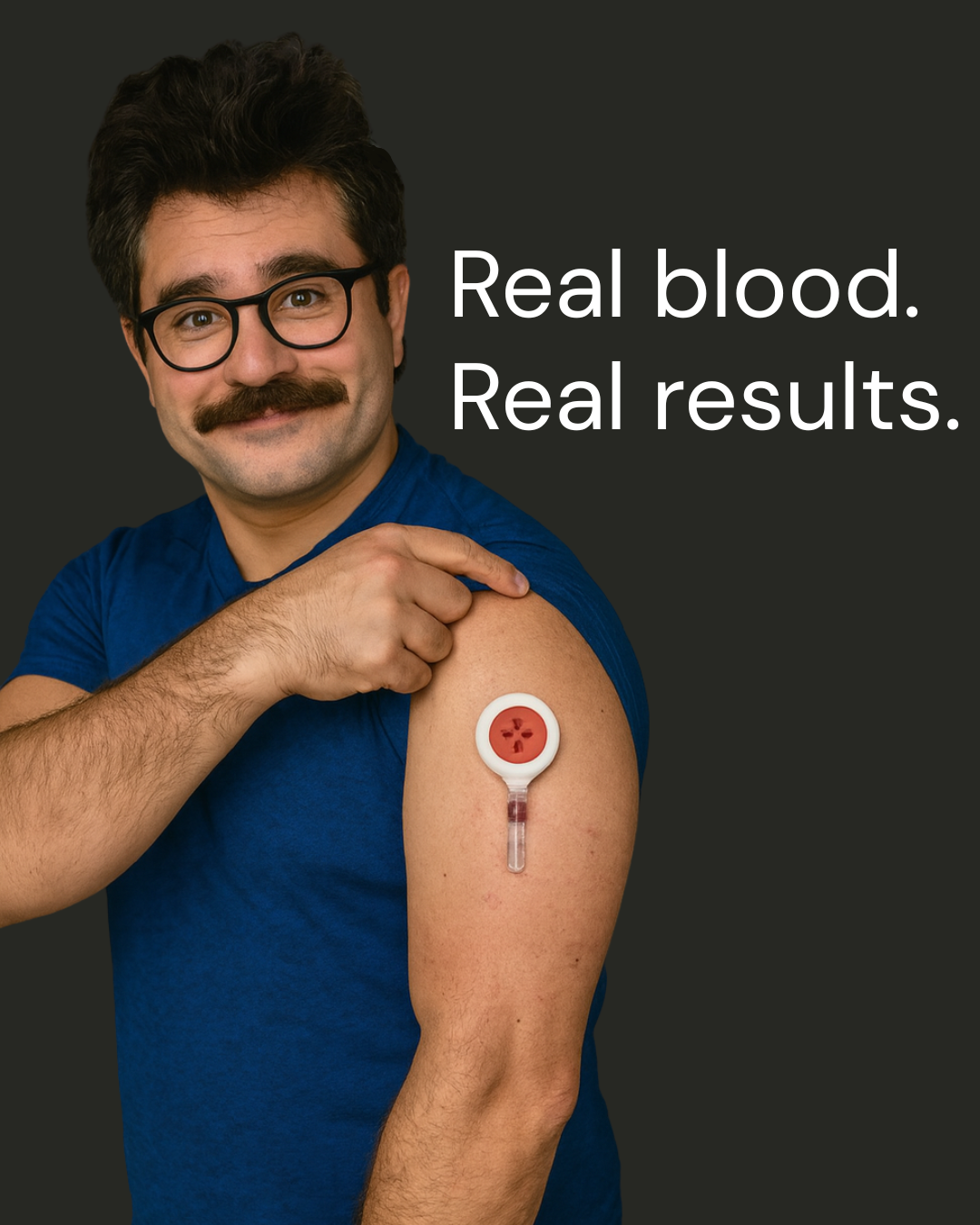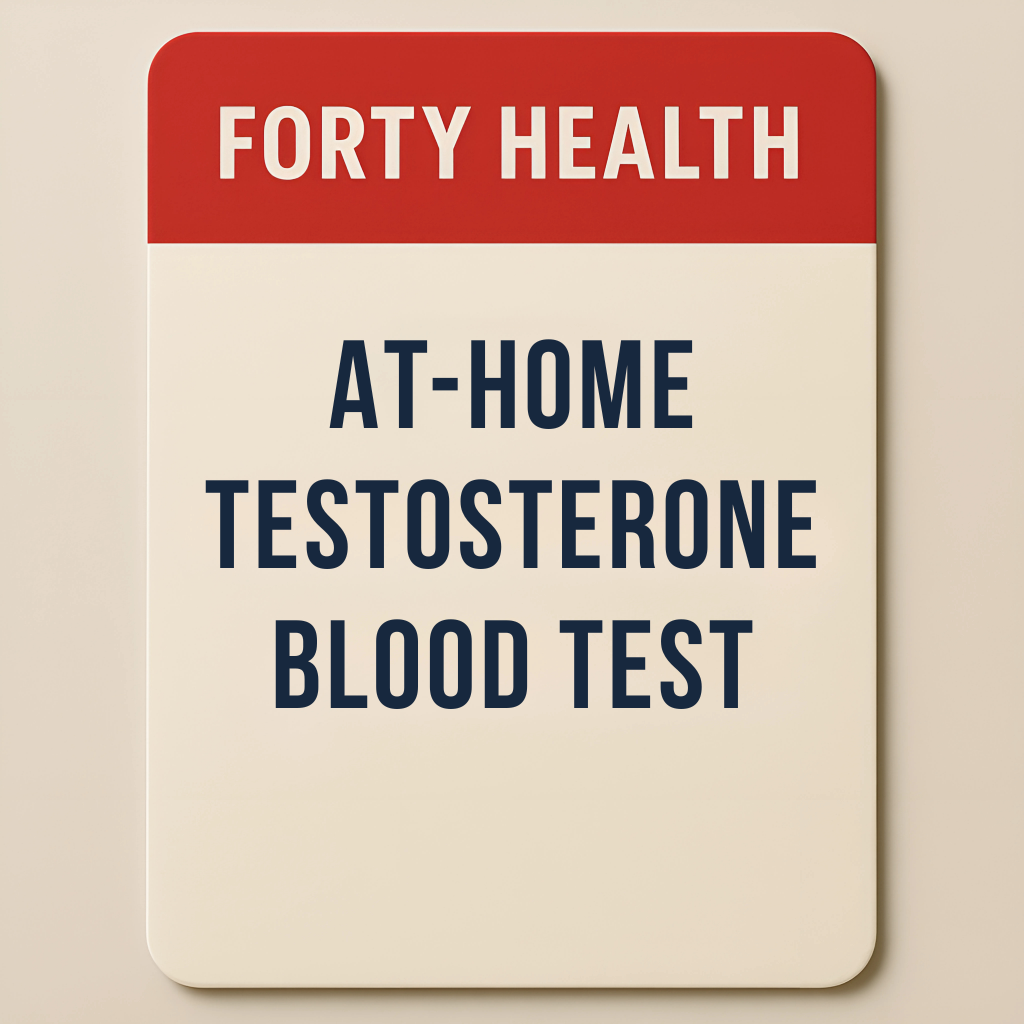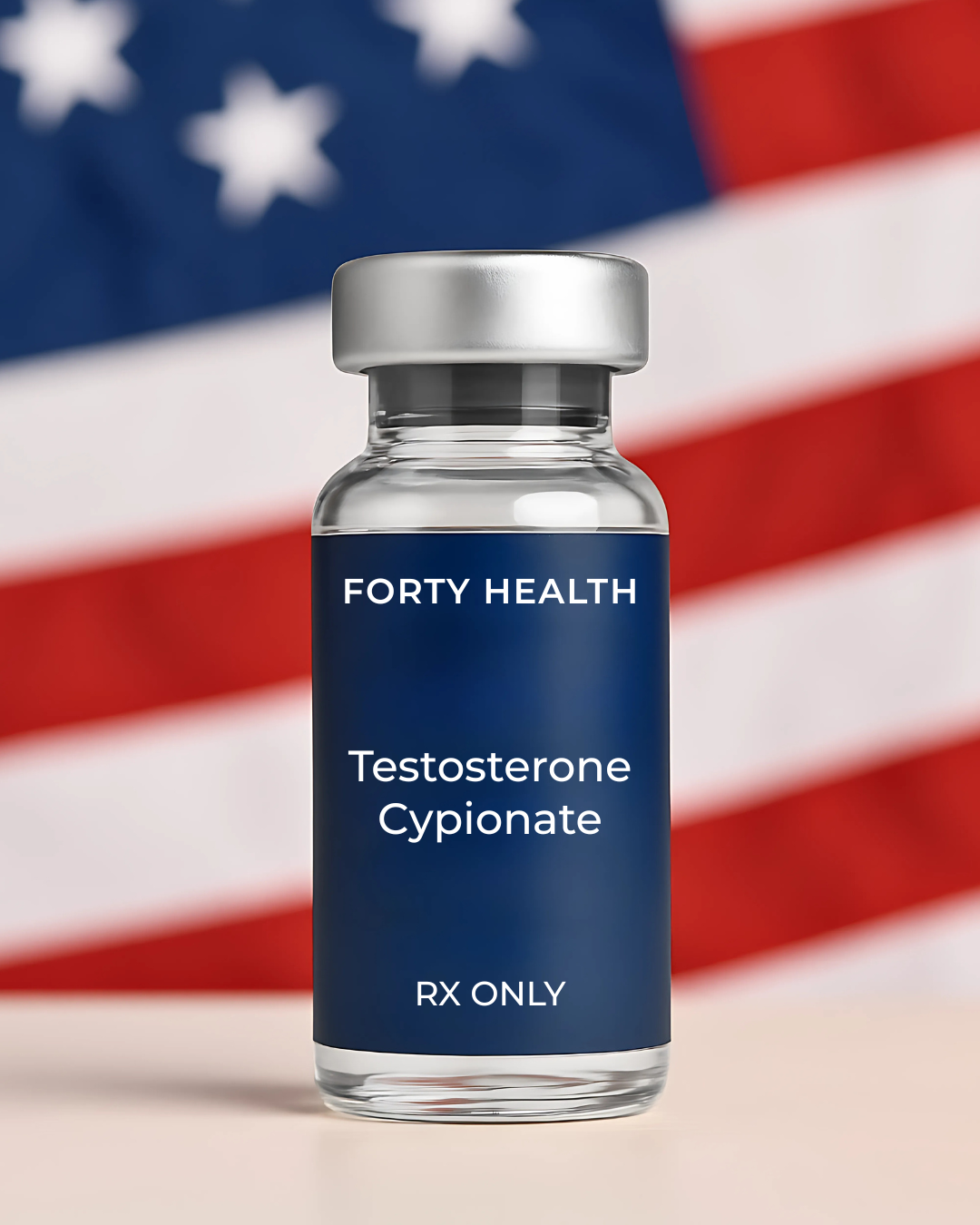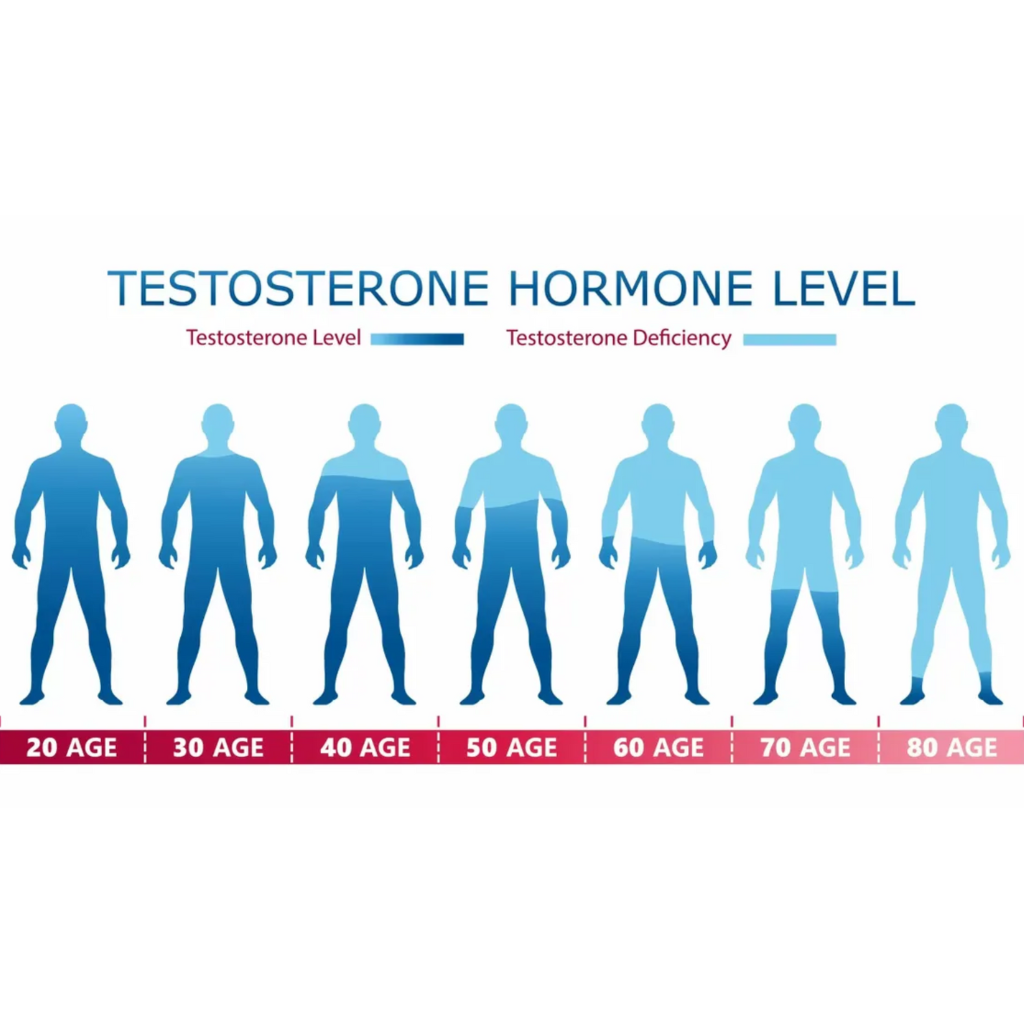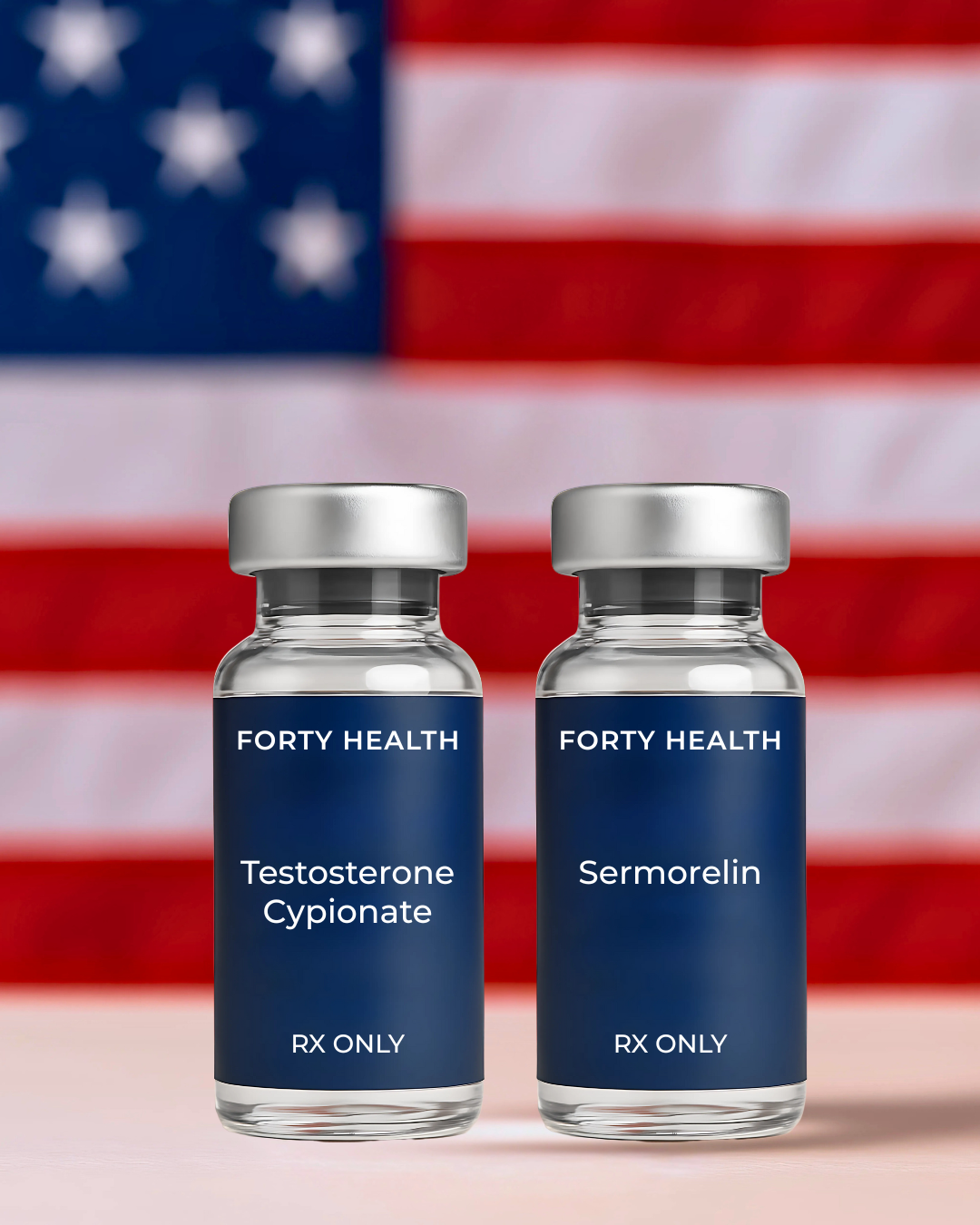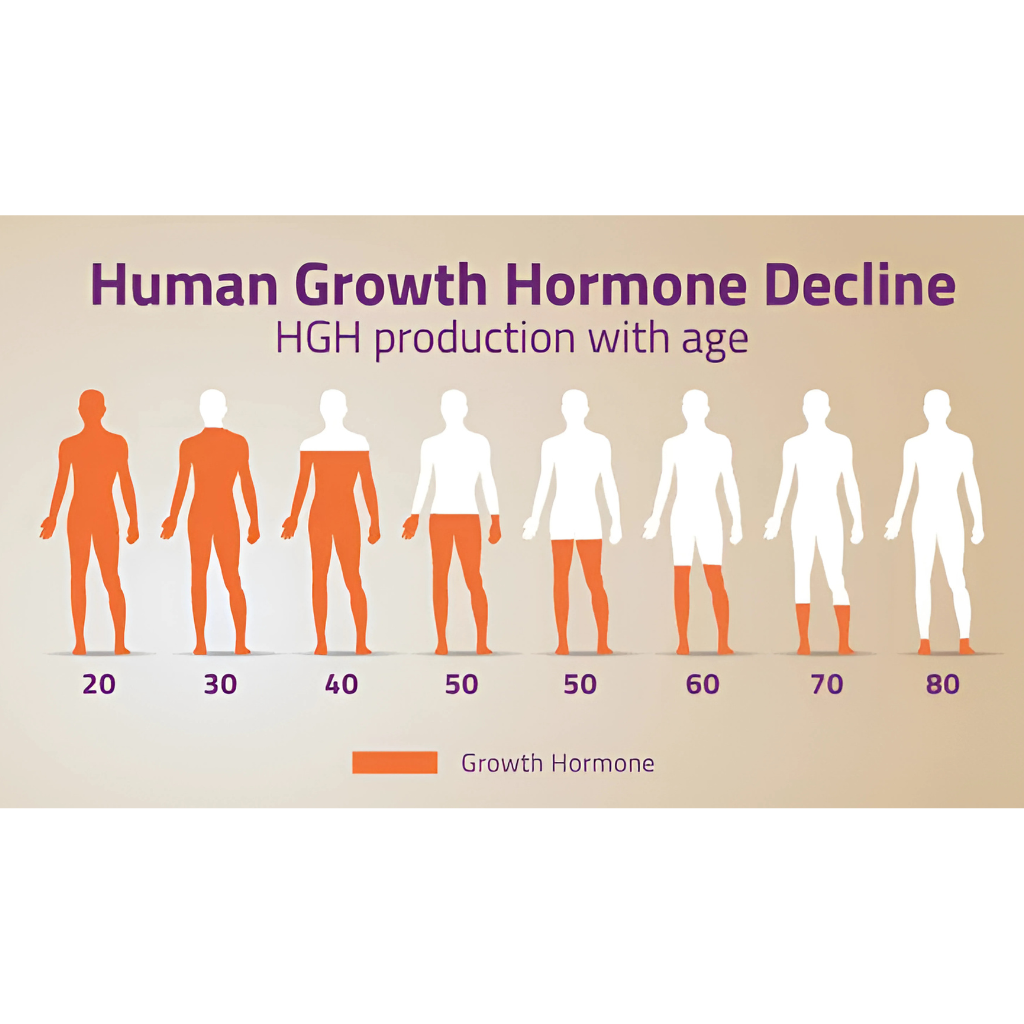
Habits are activities that we do almost without thinking because they are second nature to us. Some people, for example, have the habit of drinking coffee every morning. In individuals with a habit of drinking coffee, missing a cup of coffee in the morning may adversely affect their day. Hence, habits are powerful because they can either enhance your health and quality of life or degrade them.
Testosterone levels can be boosted by a commitment to conducive habits that can have a large positive effect if they are performed on a regular basis. However, for every good habit that you form, it is a good idea to remove one bad habit that is weighing you down. Here are some habits that you should avoid if you want to maintain healthy levels of testosterone production in your body.
1. Not Having Enough Sleep
Studies have time and again shown that having adequate levels of sleep (typically 8 hours a day) is important for boosting overall health and energy levels. Many important biological functions take place while you sleep. If you continuously wake up feeling tired, you need to reevaluate your sleeping patterns and make time to get more rest.
Adequate sleep also has a direct impact on testosterone levels. Studies show that sleep deprivation is associated with lower morning, afternoon, and 24-hour testosterone levels. In addition, patients with a condition that partially obstructs their breathing during sleep (ie, obstructive sleep apnea) are also at risk of having low testosterone.
“Therefore, society should prioritize and value sufficient and appropriately timed sleep,” scientists concluded.
2. Eating Too Much Junk Food
Junk foods are typically ultra-processed foods that have little to no nutritional value. In today’s world, some choose to consume junk food because they are cheap and easily available. However, the saturation of junk food, especially in the Western diet, has been linked to a decline in male reproductive health, including a decrease in both testosterone levels and sperm count.
Junk food is also harmful because it raises the risk of obesity and diabetes, which are diseases that adversely impact hormonal production. In addition, an increase in body weight makes physical exercise and muscle-building activities more challenging. Hence, eating a balanced diet should be an everyday aim.
3. Not Getting Enough Physical Exercise
Physical exercise is one of the most important components of a healthy lifestyle. Studies suggest that adults should either aim for at least 150 minutes of moderate-intensity activity a week, or target 75 minutes of intense physical activity a week.
A study found that men have a clear increase of testosterone levels after performing acute physical activity. It also appears that testosterone levels fluctuate based on exercise intensity, with moderate/intense physical activity resulting in higher levels of testosterone immediately after. Hence, all men should incorporate adequate levels of physical activity into their weekly routine, no matter how busy.
4. Having Consistently High Levels of Stress
Everyone goes through periods of high levels of stress, either at work or in one’s personal life. While it is inevitable that some days are more stressful than others, putting yourself in an environment where you consistently experience high levels of stress can have a damaging effect on your overall health.
A study found that patients who have acute psychosocial stress have less salivary testosterone concentration. However, stress-reducing activities, such as mindfulness and meditation, can reverse these negative effects, resulting in a rise in testosterone concentration.
5. Smoking
The negative effects of cigarette smoking have achieved global consensus in the scientific community, meaning that enough studies have been conducted for scientists to conclude that cigarette smoking is definitively harmful. Campaigns to reduce cigarette smoking are conducted across the globe because of its close relationship to overall health, with some countries proposing the outright ban of cigarette sales to youths.
A study assessed the effects of cigarette smoke exposure on testosterone levels in rats. Alongside a number of negative health effects, scientists found that rats who have been exposed to smoking had significantly lower testosterone levels compared to rats that were not. In addition, scientists suggest that the vasoconstrictor effect of smoking (ie, the narrowing of blood vessels) can adversely impact erectile function.
Conclusion
A habit is like a muscle that you strengthen with use over time. By avoiding these harmful habits, you are best placed to have healthy testosterone levels, with all of the health benefits that come with it. If you find starting a habit difficult, try finding an accountability partner who can take this journey with you and support you along the way.
Forty Health is committed to helping men everywhere discard bad habits and ensure that your testosterone levels are at optimal levels. If you are unsure about your need for testosterone supplementation, Forty Health allows you to order a blood test to assess your testosterone levels. A qualified doctor will then speak to you about the next steps you can take towards better health.

